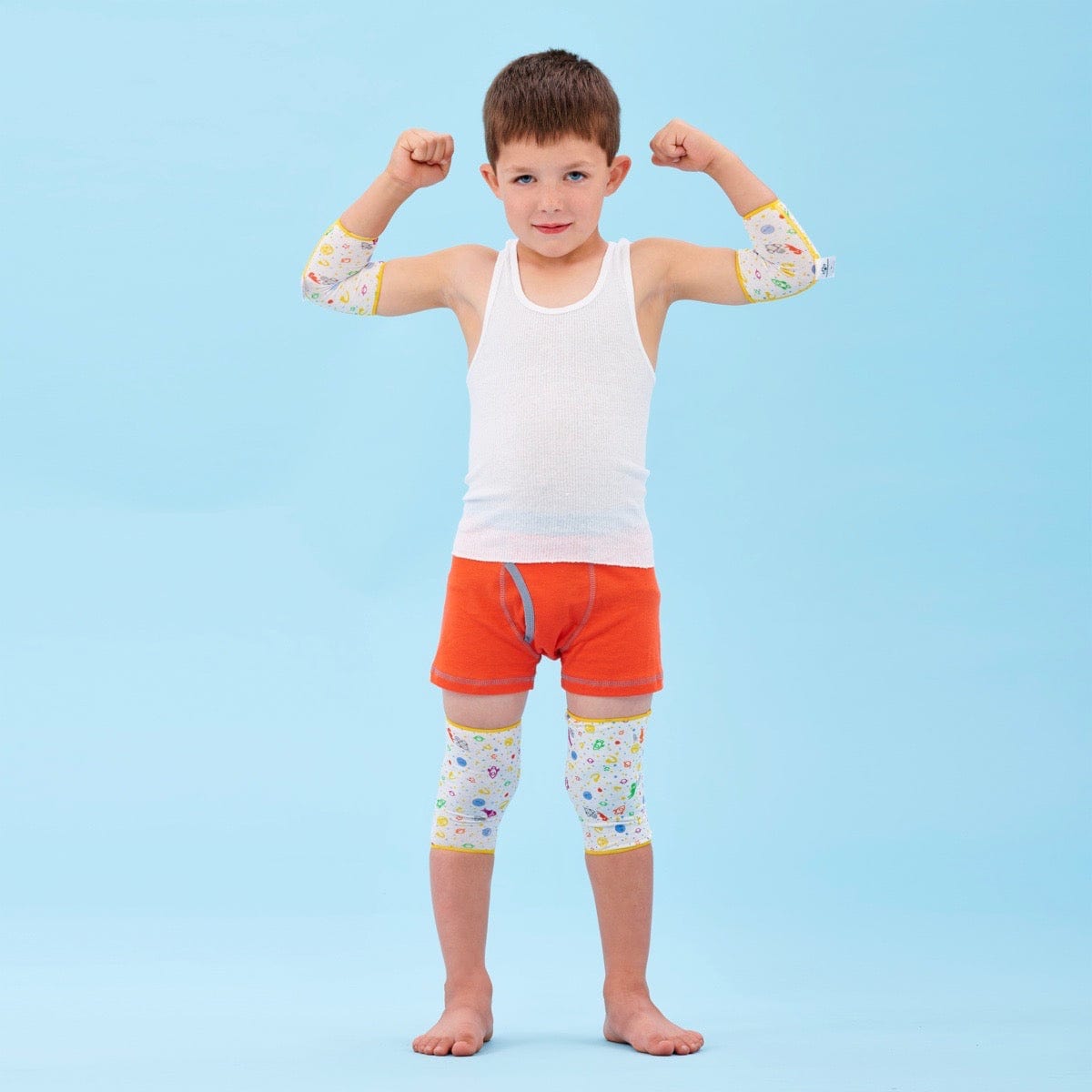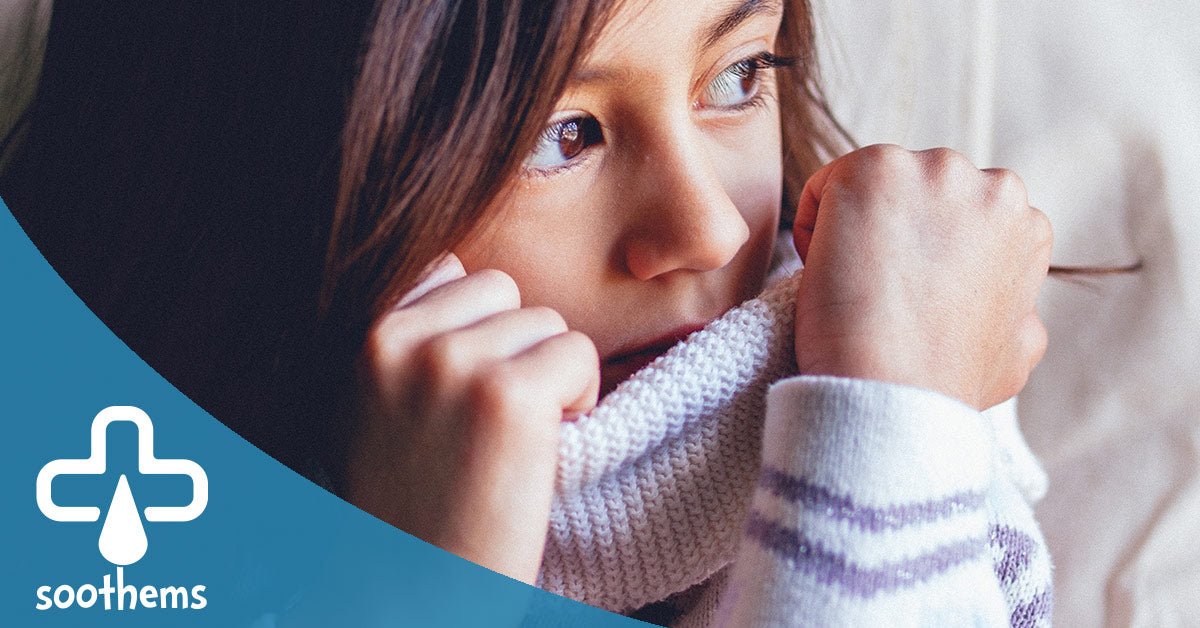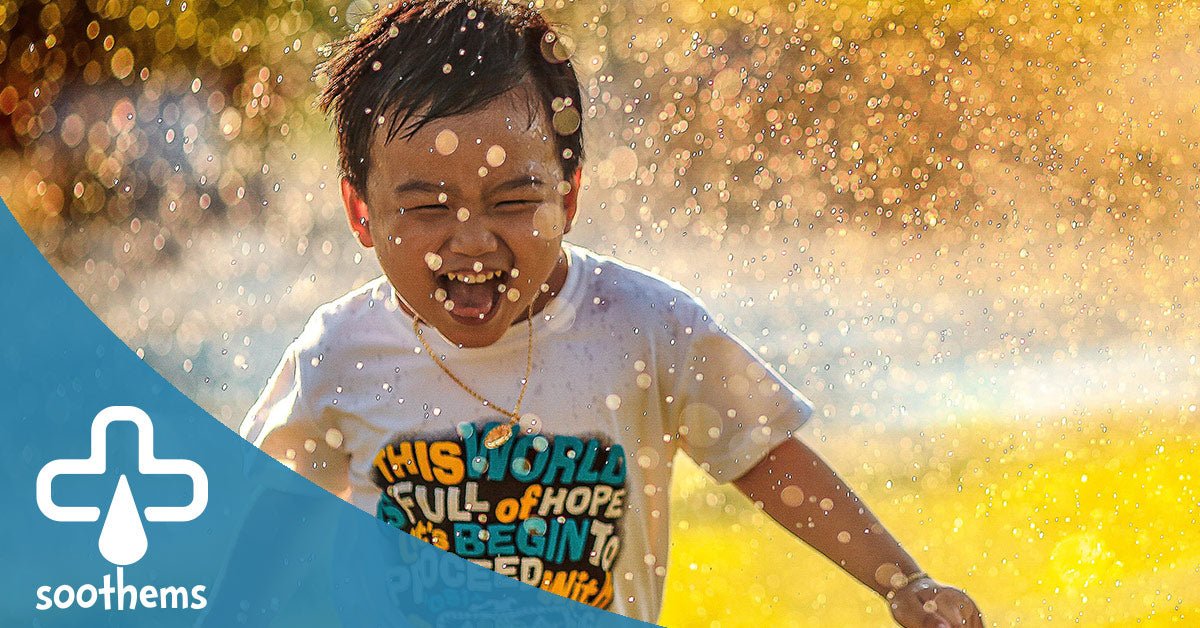Atopic dermatitis, also known as eczema, affects more than 30 million people in the U.S. alone. That equates to about 10 percent of adults and 25 percent of children. As we’ve explained in previous blog posts, eczema is an inflammatory disorder in which the skin becomes covered in itchy, scaly lesions. These lesions can cause cracks in the skin’s outer barrier, exposing the person to infection. About two years ago, researchers confirmed that eczema is, in fact, an autoimmune disease. The study shows that dupilumab, a type of drug known as a monoclonal antibody, can actually reverse immune response that causes the skin lesions of AD.
Dupilumab is interesting in that it blocks the activity of two key proteins: interleukin-4 and interleukin-13. Experts recognize these proteins as avenues to increase the body’s ability to fend off viruses and bacteria. However, interleukins proteins can mistakenly target the body’s own issues, causing an autoimmune reaction. Previous studies have shown that drugs suppressing the immune system helped alleviate the symptoms of those with eczema. Still, scientists weren’t sure how these kinds of drugs would work targeting AD.
An Update on Eczema Treatments
Keep in mind that this research was completed about two years ago. At the time, experts were unsure as to how long studies will take to complete. According to Emma Guttman-Yassky of the Icahn School of Medicine at Mount Sinai, “We will probably see new drugs available to treat atopic dermatitis in the next few years.”
Home Treatments for Eczema
As we anxiously wait for a cure, it’s important to continue treating your child’s eczema symptoms. Note that a well-rounded treatment plan should include medicine, skin care, and lifestyle changes. If you want to keep your child as comfortable as possible, you must work with them in avoiding trigger factors.
Eczema Trigger Factors
- Dry skin - We don’t usually think about our skin until something is wrong with it. The skin’s primary job is to serve as a barrier against germs, dirt, and chemicals from the outside. Whereas dry skin is brittle, moist skin is soft and flexible. Those with eczema have a defect in their skin, meaning it won’t stay healthy and moist. Treatment: Proper moisturizing is essential for your child. When you select a moisturizer, be sure to choose either a thick cream or ointment. Many parents find success with fragrance-free products such as petroleum jelly. Ensure that your son or daughter applies moisturizer at least twice a day.
- Irritants - These consist of any substances outside the body that can cause burning, redness, itching, or dryness of the skin. Treatment: Avoid irritating substances, including common household products that may exacerbate symptoms.
- Heat and sweating - When children with eczema get hot, they itch. It’s as simple as that. Sweating just doesn’t result from being outside in the sun for an extended period of time. It can also stem from exercise, too many warm bedclothes, or sudden changes in temperature. Treatment: Wear layered clothing and adjust to temperature differences when necessary. Not to mention, your child should avoid fabrics of wool, nylon, or other stiff material.
- Stress - Staph infections are the most common, especially on arms and legs. If any part of your child’s skin is weeping, crusted, or features small “pus-bumps,” a staph infection could be to blame. Watch for molluscum infections, Herpes infections, and fungus, as all of these can trigger eczema. Rest assured that most of these infections are not contagious for other people. Treatment: Recognize stress and reduce it. That’s easier said than done, so don’t be afraid to get in touch with your child’s physician or mental health professional. Encourage your son or daughter to talk about situations in which they’re stressed and work with them in developing coping strategies.
- Allergens - Anything from pollen and pet dander to foods and dust can cause allergic responses. Unfortunately, chronic eczema may be difficult to tie to specific allergens. If you suspect food allergies may be contributing to your child’s symptoms, don’t go overboard with adjusting their diet. Start with just a few foods and, if you notice face swelling or hives, eliminate that food group. Again, don’t feel the need to make drastic changes to what your child eats until you speak with their physician. The last thing you want is for them to become malnourished. Let’s also touch on pets for a moment. While your furry friend may be considered part of the family, do what you can to keep Fido outside while your child is home. When your pet is inside the house, be sure that they don’t go into your child’s bedroom. That should be treated as your son or daughter’s haven.
Eczema Clothing for Soothems
Our team at Soothems understands that much of your child’s treatment involves trial and error. Though millions of folks deal with the skin condition, there isn’t necessarily a “one-size-fits-all” approach. This is where our eczema clothing comes into play. You can feel at ease knowing that Soothems helps reduce itchiness by protecting moisture levels of the skin, controlling bacteria growth, and soothing the skin during recovery. Made from TEWLTect smart fabric, our garments offer the ultimate comfort because the yarns are soft, pliable, symmetrically rounded, smooth, breathable, and friction-free to reduce chafing.
If you have any questions regarding our therapeutic clothing for eczema, feel free to reach out to us. From eczema suits and eczema sleeves to eczema bottoms and eczema sleepwear, we have just what your child needs. Shop our products now.







Leave a comment
All comments are moderated before being published.
This site is protected by hCaptcha and the hCaptcha Privacy Policy and Terms of Service apply.